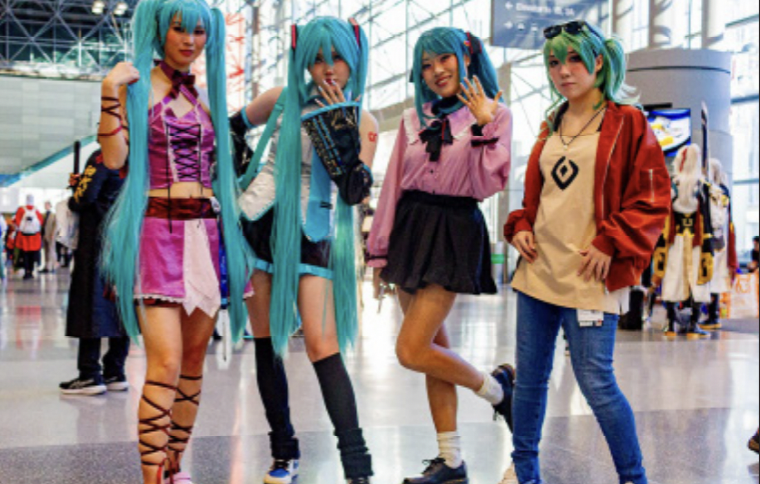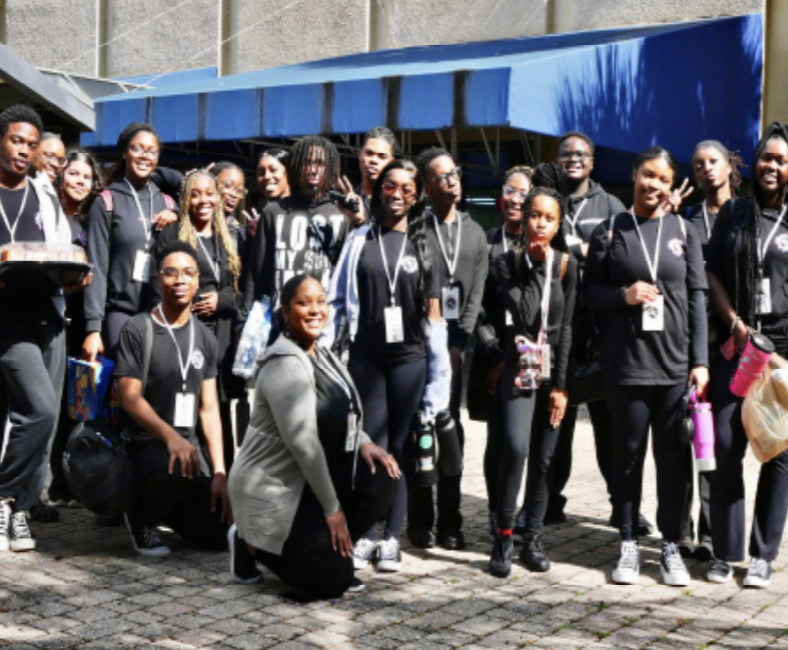As the winds of political change have swept the Capitol, a similar shift might be happening in certain social media platforms.
Trump’s inauguration as president has coincided with some social media companies making changes to certain features that many have argued are connected to this.
These changes started with Meta – the company that owns Facebook and Instagram – announcing that its current fact checking system would be replaced by a community notes system, similar to the one used on X, and that restrictions on social media content would be loosened.
Currently, according to Meta’s website, Meta uses fact checkers certified by the International Fact-Checking Network (IFCN) and AI to identify misinformation. From there, Meta applies warning labels to said context and uses the algorithm to suppress its spread. X’s community notes system, in contrast, involves users suggesting potential notes to certain posts and an algorithm selecting which one is most “helpful to a broad audience across perspectives.”
“I think that a lot of people had problems with it [the old system], and any change, especially this change, is for the good,” junior Mark Scheinkman said. “I think that we the people should intervene and say what needs to be there, what doesn’t. I don’t think that any higher power should interfere with that.”
Meta argues that this is being done to prevent the experts’ biases from impacting the fact checking program. However, others argue that a community notes system is less effective, with an October 2024 report from the Center for Combating Digital Hate finding that only around 26 percent of posts on X with misleading or false election claims had community notes displayed.
According to the company’s website, Meta also plans to reduce content restrictions, including ones about immigration and gender issues. The company has claimed that this is because current restrictions are stifling political discourse.
This follows complaints by many conservatives that the current fact checking system is biased against them.
In addition to this, Meta has also scraped its Diversity, Equity, and Inclusion (DEI) program. DEI programs are designed to promote the fair treatment of groups who historically have been subjected to discrimination based on their identity. However, some have argued that these programs are anti meritocratic and discriminate against white people.
There have also been changes at TikTok. The app was briefly banned in January over concerns of Chinese interference; however, Trump repealed the ban, and TikTok users were greeted with a message saying, “As a result of President Trump’s efforts, TikTok is back in the US!” This message has been accompanied by what some say are efforts to stifle left wing voices. According to Reuters, some American users have been unable to share left-wing TikToks with others or limited in how many they could share it with, with TikTok telling them that this was done to limit the spread of harmful content. As well, some users have also claimed that they’ve been unable to post anti-Trump content, similarly according to Reuters. However, TikTok has denied any changes to their algorithm.
The CEOs of Meta and TikTok joined other billionaires and business leaders for Trump’s inauguration, with some people expressing concern about the combination of both this and the changes to social media.
“It makes me view our country as an oligarchy because of the support the top 1 percent is giving him and it’s very obvious that the support is being given,” junior Alexa Rincon said. “As a democracy, we should have been voting for somebody who is qualified and who isn’t being supported by people who only have their personal interests in mind.”




























